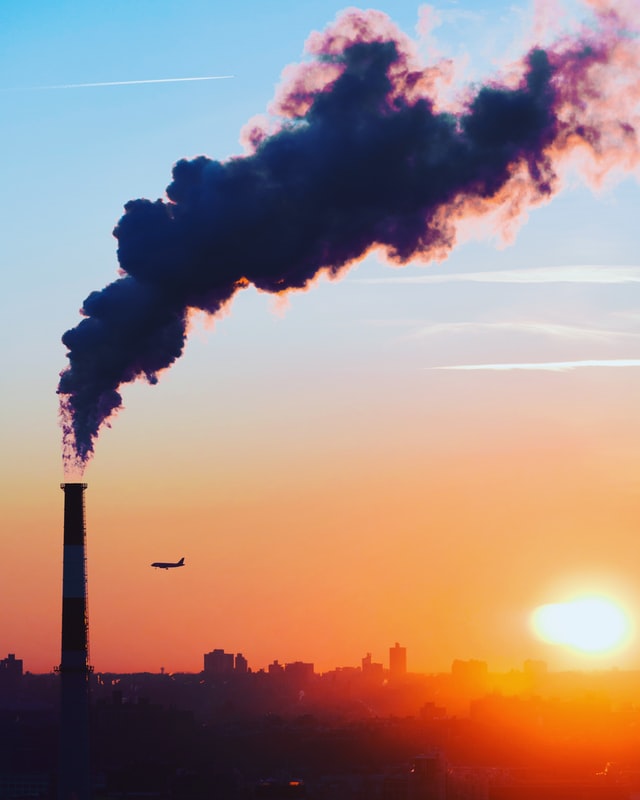Water is by and large the most important natural resource on our planet. All living beings require water in one way or another to survive. Animals, including humans, need it to hydrate their bodies, plants need it to carry nutrients through their stalks, and the atmosphere needs it to maintain the climate.
Unfortunately, according to the EPA’s National Water Quality Inventory, 40% of rivers and 45% of lakes in the United States are heavily polluted. Thankfully many cities are taking steps to reduce and even reverse this pollution to keep our water and our planet healthy.
Dewatering
Don’t let the name of this procedure fool you; it’s not about getting rid of the water. Stagnant water from the bottom of lakes, rivers, and ponds or from ditches in and around construction sites is dredged out and pumped through industrial bag filters VA to filter out oil, pesticides, and other contaminants that have settled into the silt. The filter bags are also used to filter pollutants out of stormwater runoff.
Drainage Nets
The Australian city of Kwinana made global headlines with its simple but ingenious pollution solution: attaching nets to the ends of drainage pipes to collect trash and debris. Within the first six months, these nets collected almost 900 pounds of garbage. Since this strategy showed massive success, cities and towns all over the world have followed suit and have had equally impressive results.
Green Infrastructure
Rather than constructing expensive, inefficient, and at times environmentally counterproductive water treatment plants, green infrastructure seeks to utilize the natural processes of plants. Trees, bushes, and other native flora planted along roadsides catch and absorb storm runoff before it can flow out onto city streets, causing flooding and collecting pollution. Some city water plants now consist of massive greenhouses that clean both the air and the water. Green infrastructure also has social benefits such as community food gardens and parks for recreation and education.
Water Efficiency Subsidization
The less water we consume, the less wastewater, and thus the less contamination, we produce. This is why cities like Highland Park, Michigan, and Sacramento, California are experimenting with subsidizing homes and businesses to install new and efficient appliances, faucets, and fixtures. These efforts have thus far resulted in collectively saving millions of gallons of water annually.
With these efforts and more, along with cooperation from governments, companies, and individuals, we can all keep our planet’s water clean and safe for generations to come.



